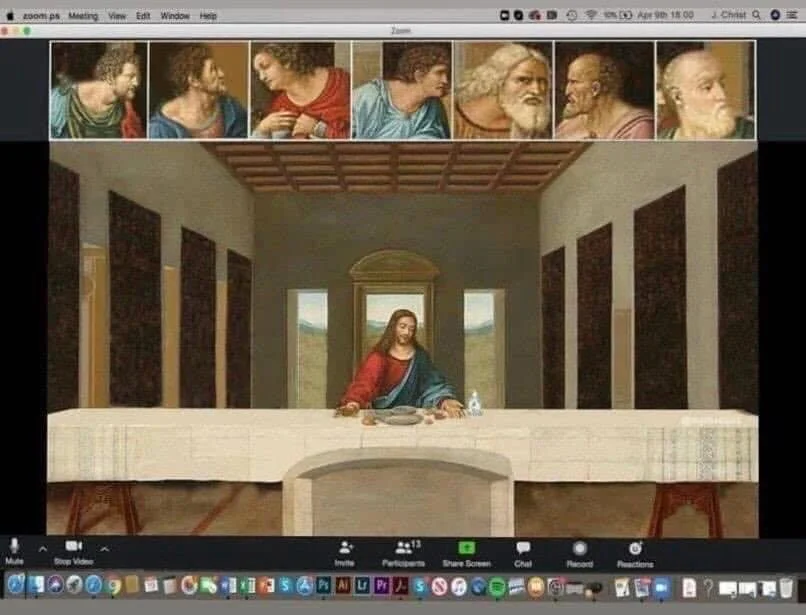For modern skeptics, the 6th-century icon hanging in the Orthodox monastery in the shadow of Mount Sinai is simply a 33-by-18-inch board covered in bees wax and colored pigments.
For believers, this Christ Pantocrator ("ruler of all") icon is the most famous image of Jesus in the world, because the remote Sinai Peninsula location of St. Catherine's Monastery allowed it to survive the Byzantine iconoclasm era. The icon shows Jesus -- with a beard and long hair -- raising his right hand in blessing, while holding a golden book of the Gospels.
This Jesus does not have blond hair and blue eyes. "Christ of Sinai" shows the face of a wise teacher from ancient Palestine.
"When you talk about ancient icons, you are basically talking about images of Jesus with long hair, a beard and some kind of Roman toga. That's just about all you can say," said Jonathan Pageau of Quebec, an Eastern Orthodox artist and commentator on sacred symbols.
In the early church, he added, believers "didn't ask other questions -- about race and culture -- because those were not the important questions in those days. … Once you start politicizing icons there's just no way out of those arguments. You get into politics and dividing people and then you're lost."
In these troubled times, said Pageau, many analysts are "projecting valid concerns about racism and Europe's history of colonization and the plight of African-Americans back into issues of church history and art that are centuries and centuries old. It's a kind of category error and everything gets mixed up."
But that's what happened when debates about some #BlackLivesMatters activists toppling Confederate memorials -- along with attacks on Catholic statues and even insufficiently "woke" Founding Fathers -- veered into #WhiteJesus territory.
"Yes, I think the statues of the white European they claim is Jesus should also come down. They are a form of white supremacy," tweeted Shaun King, author of "Make Change: How to Fight Injustice, Dismantle Systemic Oppression, and Own Our Future."










